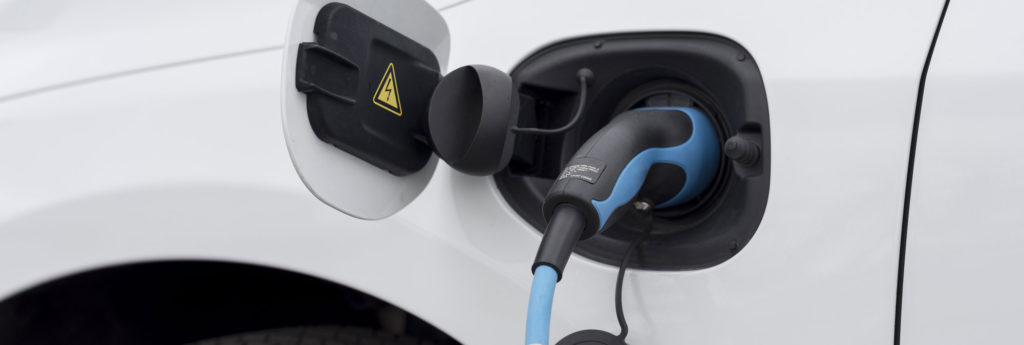EU to subsidise electric vehicle battery production
07 March 2017

7 March 2017
The European Commission is considering offering the automotive industry financial support to build up battery production facilities. With electric vehicle (EV) uptake set to surge within the next decade, this will increase Europe’s dependency on suppliers from Asia.
′Europe’s car industry has to be the world’s best in all fields [″¦ including] low-emission and zero-emission cars,’ said EU Commission President MaroÅ¡ Å efÄoviÄ in the ′Welt am Sonntag.’
′This is why the European Commission is ready to promote, for example, the development of appropriate battery production.’
He added that this could be achieved through the Junker Plan, also known as the European Investment Fund, launched two years ago to help release €315 billion of private investment by 2018.
German manufacturers are particularly concerned. Having lagged behind carmakers from France, Japan and the US in EVs and now having to play catch up with battery development, the German industry risks becoming dependent on suppliers from other countries.
There have been a number of initiatives in Germany recently. Volkswagen Group (VW) is considering the construction of a battery factory at Salzgitter, in part to secure employment at the site where combustion engines are currently built. BMW too is considering manufacturing its own batteries, and also the cells within them. Supplier Bosch will also make a decision this year on whether to enter into the production of battery cells.
The funding will be welcome news for the Association of European Automotive and Industrial Battery Manufacturers (EUROBAT). It has called for EU battery-related initiatives to be better co-ordinated across the various related industrial sectors by creating a joined-up ′2030 Battery Strategy for Europe’. It also warns that an EU policy focus on powerful lithium ion batteries alone is too narrow, and that all types of battery will be needed for the low-emission vehicles of the future.
Also up for debate is whether Europe needs to produce not only the batteries but also the cells. The National Platform for Electromobility, which represents EV stakeholders, has been strongly demanding that both be produced. It said that to become the leading provider of EVs – the declared goal of the German Government – the entire value chain must be located in Europe. The UK also has ambitions to become a major base for EV research and development.
However, Europe is not the only bloc in the power struggle for the battery market, with China investing billions to try and squeeze out Japanese and South Korean rivals. In other news, it is also considering reducing its quotas for EV production, criticised by the industry as too ambitious.